The Dr. Mary Estill Caldwell Collection
Dr. Mary Estill Caldwell was a pioneer in Arizona’s history, in women’s history, and in health science history. A cancer researcher who devoted her life to education, she spent more than 50 years teaching at the University of Arizona (1919–1972), first in the Microbiology department, and later in the College of Pharmacy.
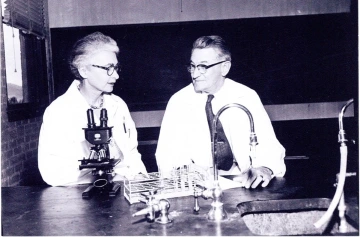
Mary and George Caldwell, 1956
Dr. Caldwell moved to Tucson before Arizona became a state, and she earned a Bachelor of Science degree before women’s suffrage granted her the right to vote. Throughout her storied career, she made major contributions to research, enjoyed membership in many professional organizations, and mentored countless students. Her mentorship was particularly valuable because, outside of the nursing profession, there were very few women in health sciences at that time. Mary would become one of the first US women to earn a Doctorate in Bacteriology.
After the death of her husband George (who was also a university faculty member), Mary joined the College of Pharmacy, where she taught from 1957 until 1972. Her research focused on finding antibacterial and anticancer agents in plants. At the time, this type of research would have been called pharmacognosy.
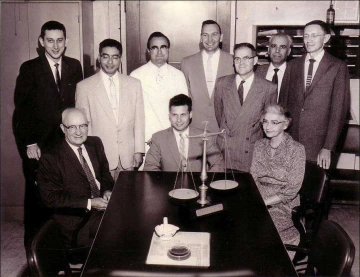
College of Pharmacy Faculty, 1957-1958. Mary Caldwell (front row, right) is the only female instructor.
In her personal life, Dr. Caldwell loved photography. From a very young age she captured southwest scenes with her camera; many of her early photos are in the archives of the Arizona Historical Society. As she became interested in the sciences, her eye for composition aided her in documenting specimens. From the 1950s until the 1980s, Mary traveled to at least 45 countries, including Peru, Russia, Egypt, and Afghanistan. She took thousands of photographs along the way, both of sights she saw and plants she studied. Her original Kodachrome slides from these travels are in the museum’s archive. Thanks to her meticulous recordkeeping, most of these slides bear handwritten captions with dates and locations.


![[No date given] Hackelia Floribunda](/sites/default/files/styles/az_carousel_item/public/2022-03/%5BNo%20date%20given%5D%20Hackelia%20Floribunda.jpg.webp?itok=GFLfQtBk)
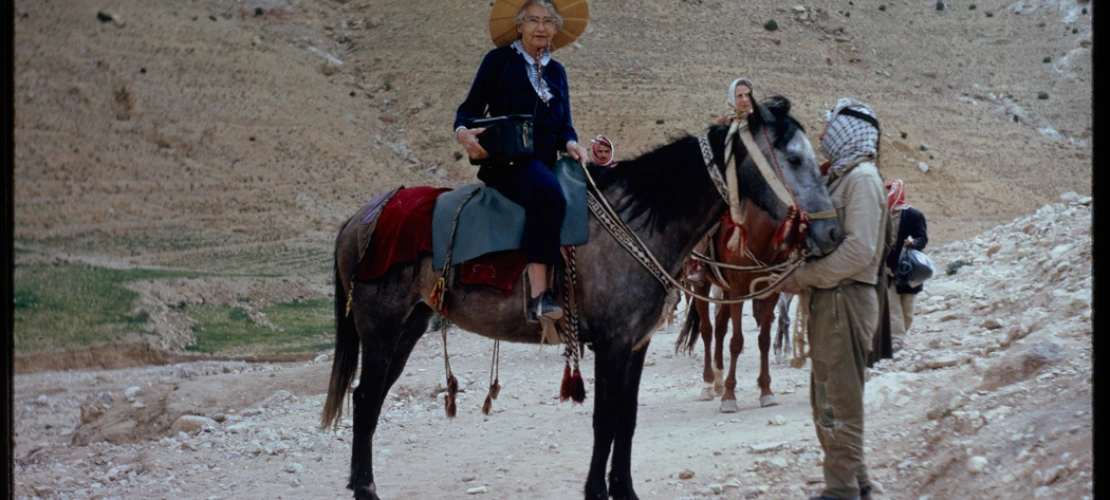
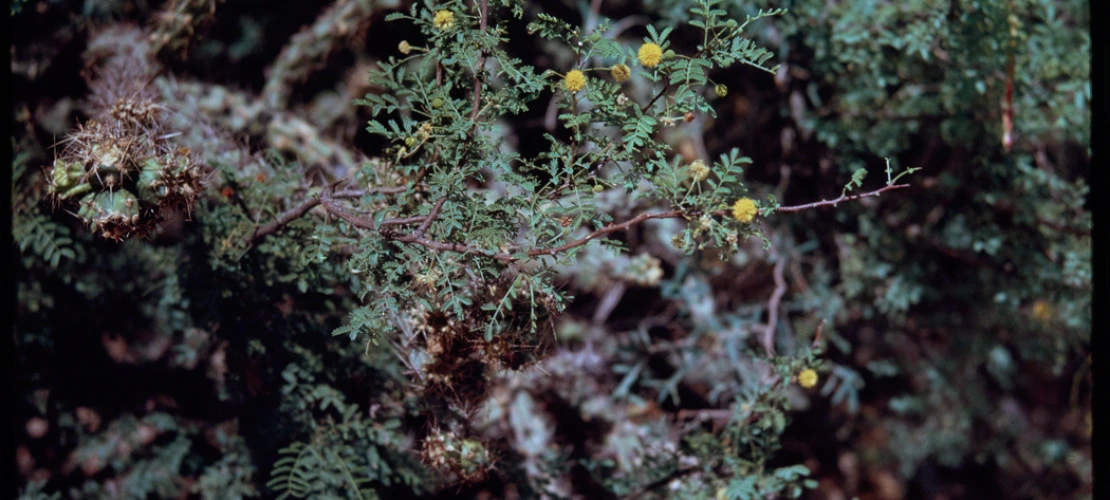
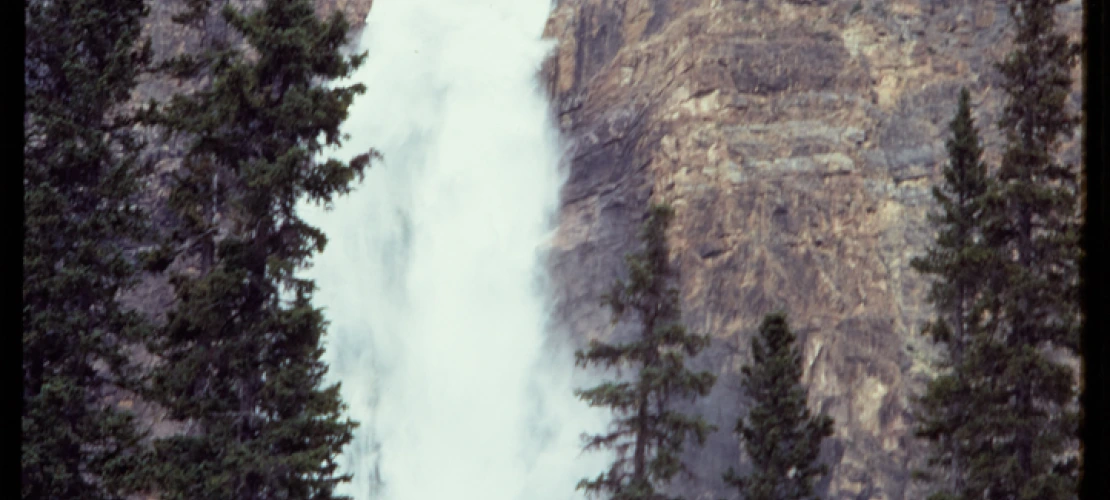
![[No date given] A Panama orchid, taken at flower show in Canal Zone](/sites/default/files/styles/az_carousel_item/public/2022-03/Panama%20orchid.jpg.webp?itok=9HH_AI4e)


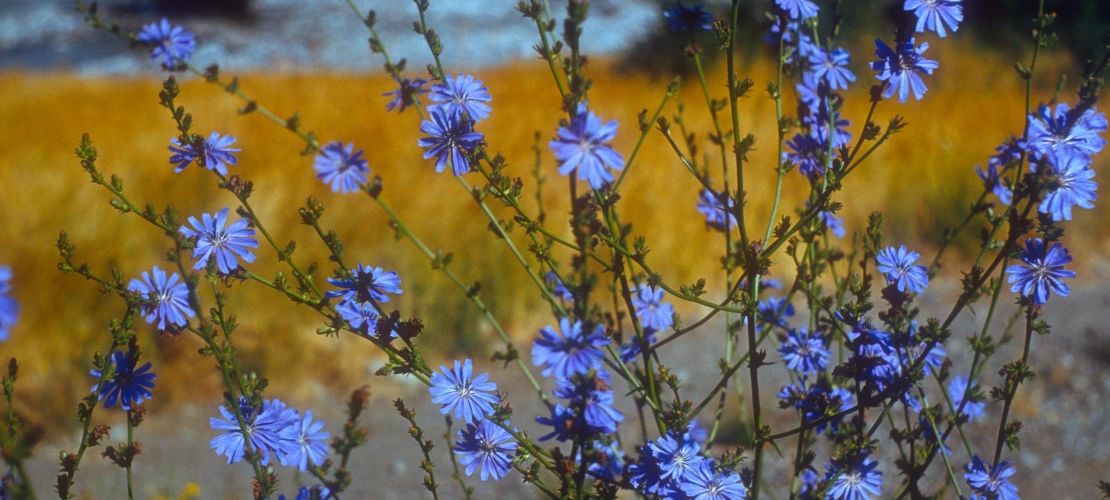
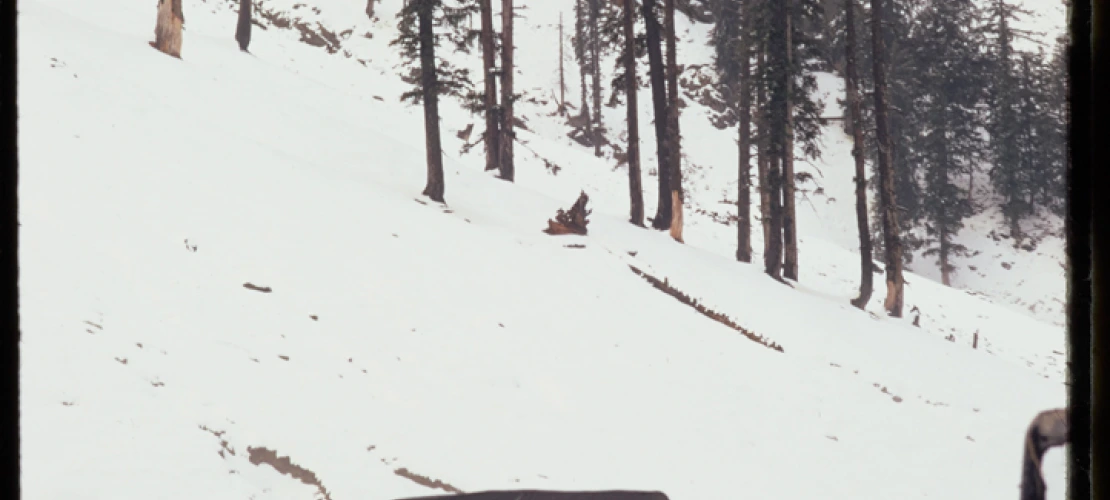
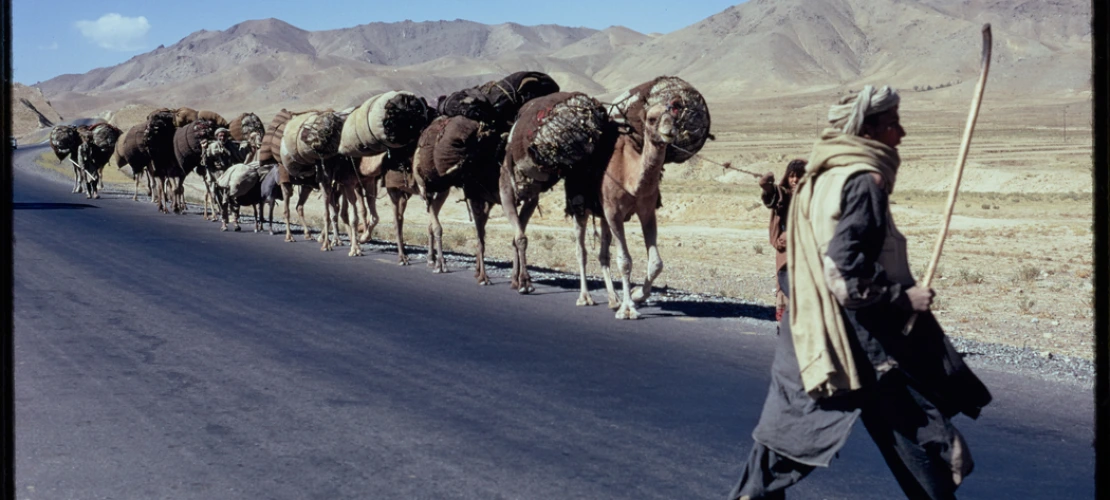
![7-24-65 [No location given]](/sites/default/files/styles/az_carousel_item/public/2022-03/7-24-65%20%5BNo%20information%20given%5D.jpg.webp?itok=ET2JPmWB)


![[No location given]](/sites/default/files/styles/az_carousel_item/public/2022-03/49645479_10156959735669146_9160176751349858304_n.jpg.webp?itok=zLf41t_N)
![[No location given]](/sites/default/files/styles/az_carousel_item/public/2022-03/49678605_10156959736369146_2641215418852704256_n.jpg.webp?itok=5-xcGfuG)
![[No location given]](/sites/default/files/styles/az_carousel_item/public/2022-03/49739155_10156959736619146_1949471598226440192_n.jpg.webp?itok=QmKyiDO9)